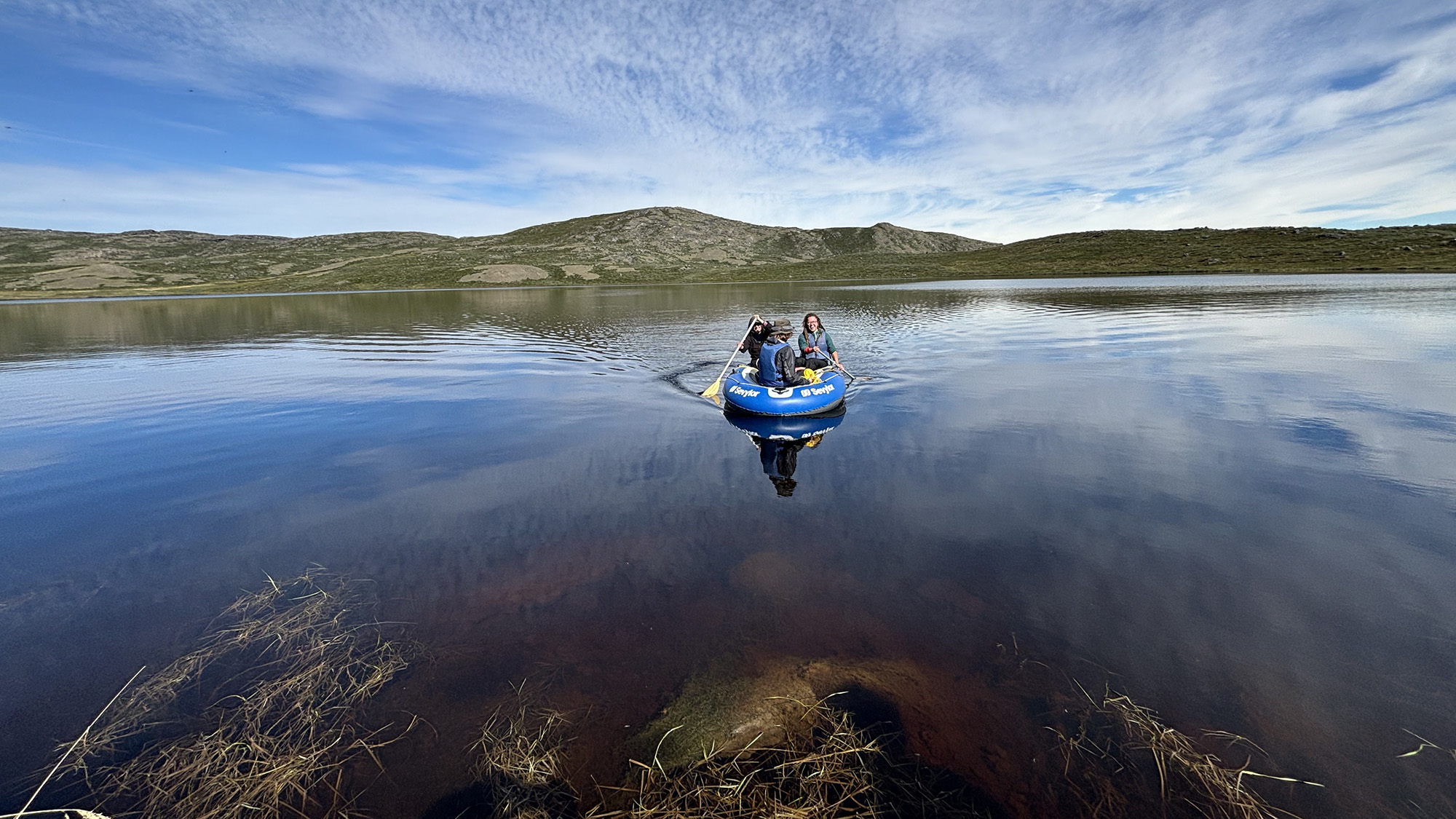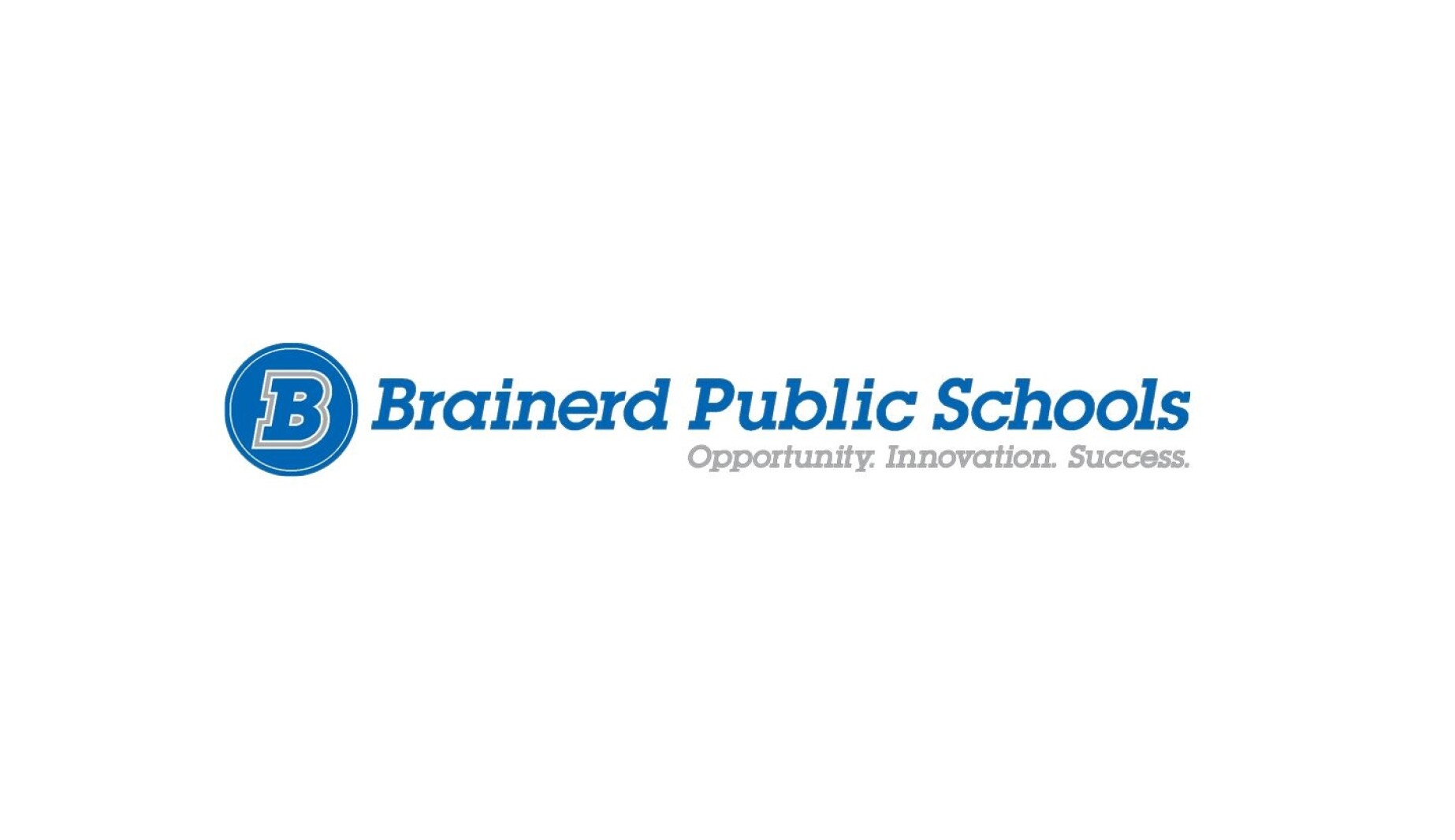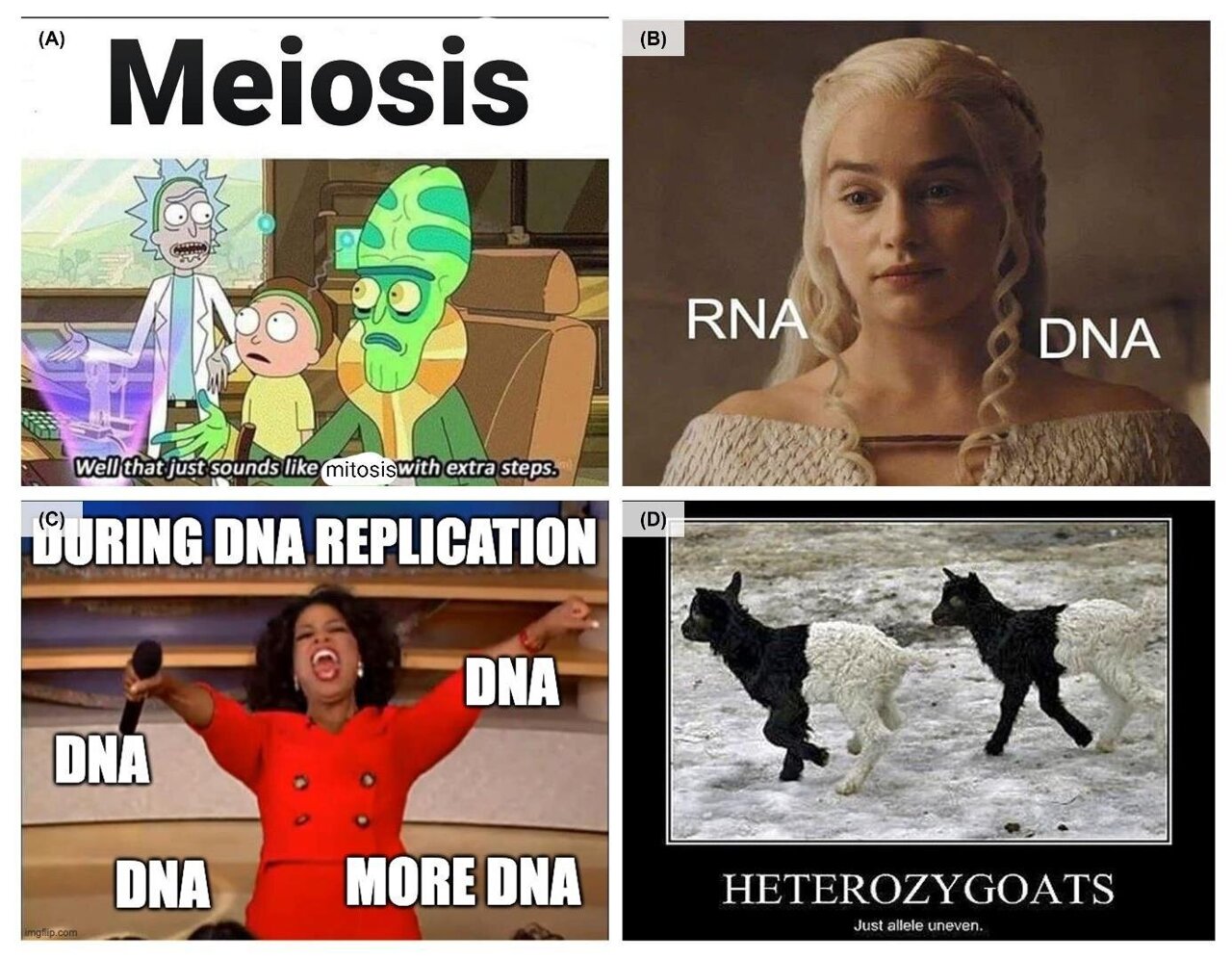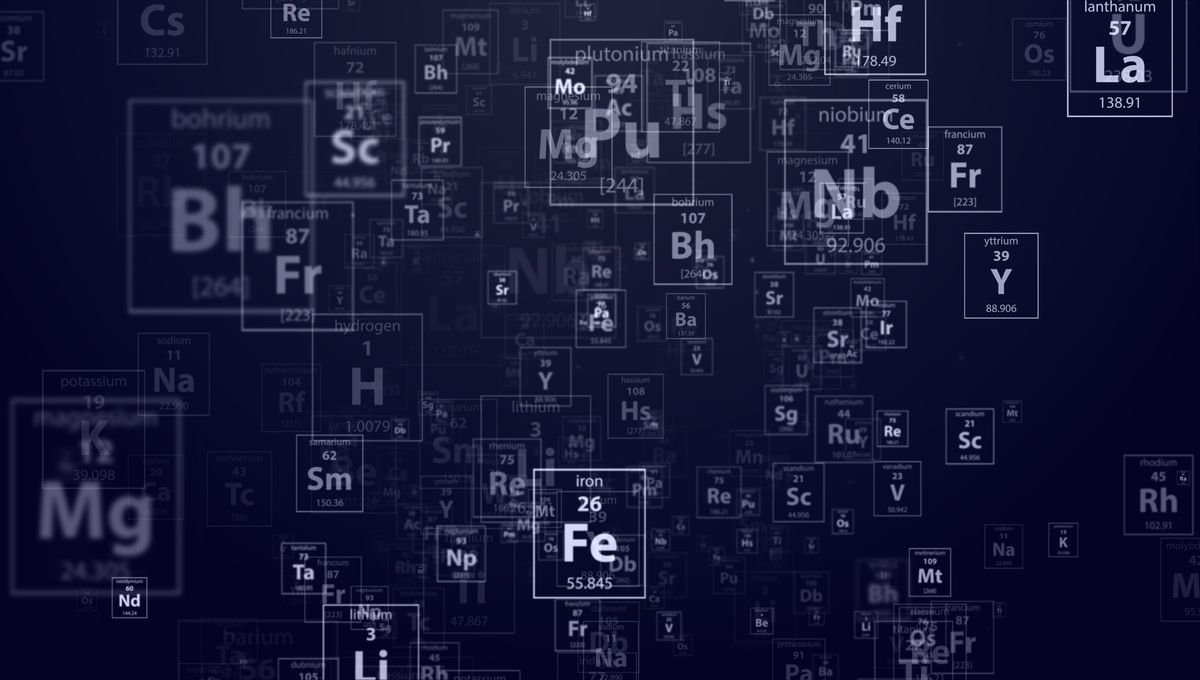
Toxic Transformation: Greenland's Vanishing Blue Lakes Sound Climate Alarm
In a groundbreaking development that could reshape our understanding of human potential, recent scientific research suggests that the changes we experience might extend far beyond temporary adaptations. The emerging evidence points to a profound possibility: transformative experiences could fundamentally and permanently alter our biological and psychological landscape. Researchers are uncovering compelling insights into how external stimuli, environmental interactions, and personal experiences can trigger deep-seated neurological and genetic modifications. These changes aren't merely surface-level adjustments, but potentially permanent rewirings of our fundamental human systems. What makes this discovery particularly fascinating is its implications for personal growth, medical treatment, and our comprehension of human adaptability. The notion that our bodies and minds can undergo lasting transformation challenges traditional views of human potential and opens up exciting new frontiers in science and personal development. While more research is needed to fully understand the mechanisms behind these potential permanent changes, the initial findings are nothing short of revolutionary. They suggest that human beings are far more malleable and adaptable than we previously imagined, with the capacity to fundamentally reinvent ourselves at biological and psychological levels. As scientists continue to explore these groundbreaking insights, we stand on the cusp of a new understanding of human potential—one that promises to redefine our perception of personal growth, healing, and human capability.










